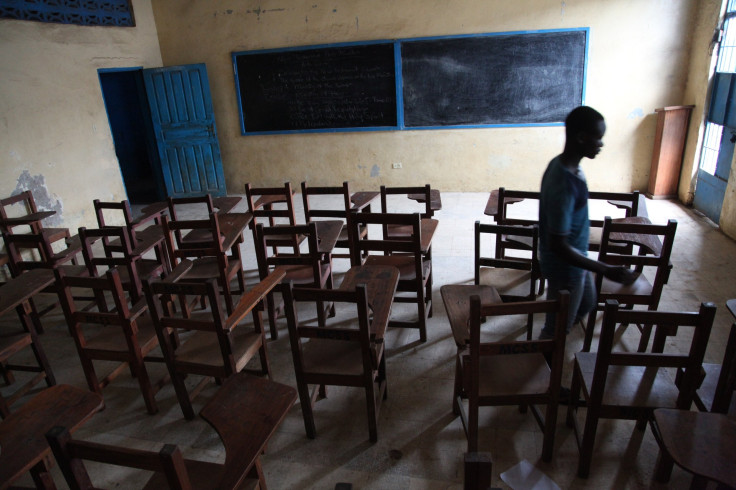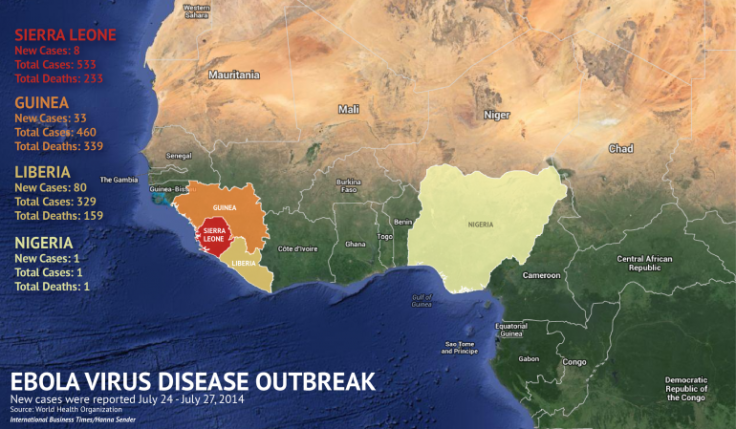US Issues Travel Warning For West Africa Due To Ebola Threat

U.S. health officials Thursday urged Americans to avoid travel to the West African countries of Guinea, Liberia and Sierra Leone due to the deadly Ebola outbreak that has claimed 700 lives so far.
The travel advisory issued by the U.S. Centers for Disease Control is at “Level 3,” the highest level of alert on the agency’s scale. It tells Americans to avoid all “nonessential travel” to the three West African countries due to “high risk.”
The last time the CDC issued a high-level travel warning was in 2003, due to a SARS outbreak in Asia.
“The bottom line is Ebola is worsening in West Africa,” said CDC director Dr. Tom Frieden when he announced the warning. “CDC, along with others, are surging to begin to turn the tide. It is not going to be quick. It is not going to be easy. But we know what to do. The current outbreak is bad. It’s the biggest, the most complex, and the first time it’s been present in this region."

In addition to issuing the warning, the CDC announced it is sending 50 additional disease control experts to the region over the next 30 days.
For more than a month, the CDC had placed Guinea, Liberia and Sierra Leone at a “Level 2” travel warning, cautioning travelers to take extra precautions while traveling in the region.
The World Health Organization, however, has not yet recommended travel restrictions or border closings for the region. The International Air Transport Association, a trade association that represents the airline industry worldwide, said it will take its cues from the WHO.
"In the rare event that a person infected with the Ebola virus was unknowingly transported by air, WHO advises that the risks to other passengers are low," IATA said in a statement.
“What is key about this disease is that if people aren’t showing symptoms, they’re not contagious,” said IATA spokesman Jason Sinclair.
© Copyright IBTimes 2025. All rights reserved.





















